Many more workers have arrived in Britain from Eastern Europe since enlargement of the EU in May than the Government predicted, figures showed yesterday
Published:
11 November 2004 y., Thursday
Many more workers have arrived in Britain from Eastern Europe since enlargement of the EU in May than the Government predicted, figures showed yesterday.
Nearly 91,000 people from the eight former Soviet-bloc states that joined the EU registered to work in the first five months after the expansion. The Tories said many others may have taken on a job without registering.
In the run-up to enlargement, ministers dismissed suggestions of a major influx of migrant workers and regularly cited an official estimate of between 5,000 and 13,000 additional arrivals per year.
The latest figures are seven times that forecast in under half the period. However, David Blunkett, the Home Secretary, said they showed that the worker registration scheme, set up to dampen controversy over enlargement, was operating effectively.
Normally, EU citizens can travel freely to settle and work in other member states. But the 15 existing members were allowed to operate controls on migration from the new states for up to seven years.
While most governments imposed restrictions, Britain decided not to. The Government said Britain needed more workers but it faced accusations of failing to protect the country's borders. It decided to establish a registration scheme to discourage new arrivals from working in the black market.
The Home Office said 45 per cent of those who had registered were already in the country. Mr Blunkett said the new arrivals, mostly aged between 24 and 34, had helped to fill job vacancies in hospitality and agriculture, and had legalised some who had not been paying tax.
Šaltinis:
news.telegraph.co.uk
Copying, publishing, announcing any information from the News.lt portal without written permission of News.lt editorial office is prohibited.
The most popular articles
 EU plans will allow international air passenger data to be used under strict conditions in the fight against terrorism and serious crime.
more »
EU plans will allow international air passenger data to be used under strict conditions in the fight against terrorism and serious crime.
more »
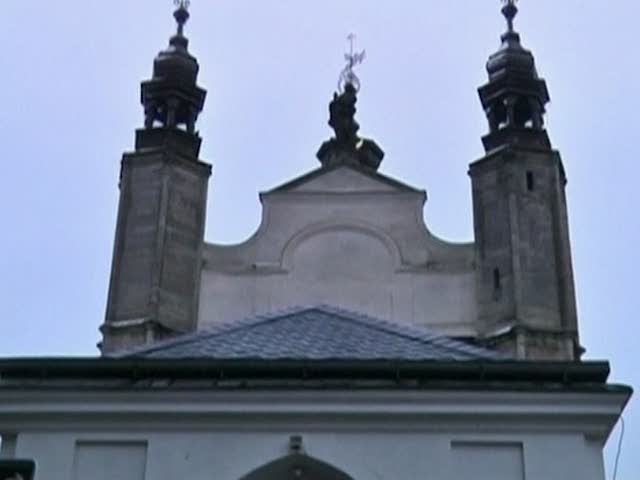 Experts are trying to find ways to save the unique Sedlec ossuary - a church decorated with human skulls and bones.
more »
Experts are trying to find ways to save the unique Sedlec ossuary - a church decorated with human skulls and bones.
more »
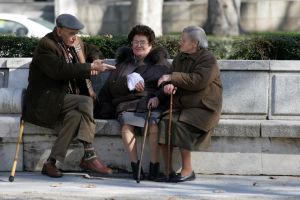 The EU and its Member States must act to ensure that pension schemes can sustainably deliver an adequate income to the EU's growing number of retired people, despite the economic crisis, says Parliament's Employment Committee in a resolution voted on Tuesday.
more »
The EU and its Member States must act to ensure that pension schemes can sustainably deliver an adequate income to the EU's growing number of retired people, despite the economic crisis, says Parliament's Employment Committee in a resolution voted on Tuesday.
more »
 Chinese factories increase their output of replicas of the Windsor royal engagment ring as world-wide demand for the sparkle remains high.
more »
Chinese factories increase their output of replicas of the Windsor royal engagment ring as world-wide demand for the sparkle remains high.
more »
 The euro changeover in Estonia is in its final stage.
more »
The euro changeover in Estonia is in its final stage.
more »
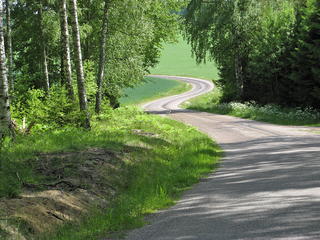 Europe's flora and fauna are now better protected than at any time in the history of the European Union. Natura 2000, Europe's network of protected natural areas, has been expanded by nearly 27 000 square kilometres.
more »
Europe's flora and fauna are now better protected than at any time in the history of the European Union. Natura 2000, Europe's network of protected natural areas, has been expanded by nearly 27 000 square kilometres.
more »
 Getting more people involved in volunteering is the key aim of the 2011 European Year of Volunteering.
more »
Getting more people involved in volunteering is the key aim of the 2011 European Year of Volunteering.
more »
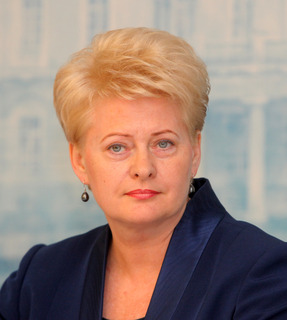 Dear Fellow People of Lithuania,I send my best wishes to you on this New Year's Eve.
more »
Dear Fellow People of Lithuania,I send my best wishes to you on this New Year's Eve.
more »
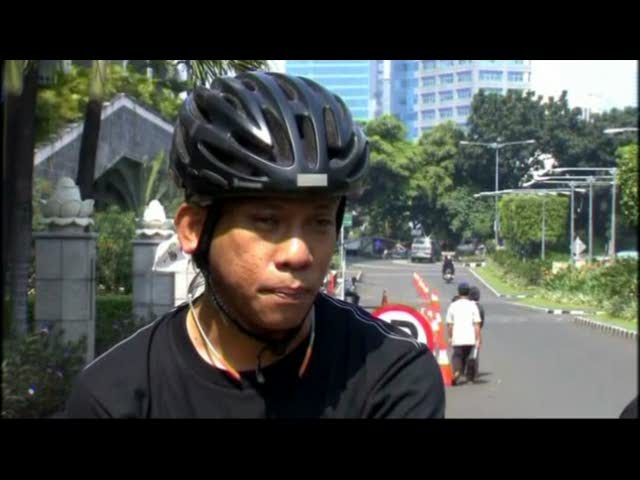 Some residents in Jakarta are trading in their gas guzzling cars and motorcycles for bicycles.
more »
Some residents in Jakarta are trading in their gas guzzling cars and motorcycles for bicycles.
more »
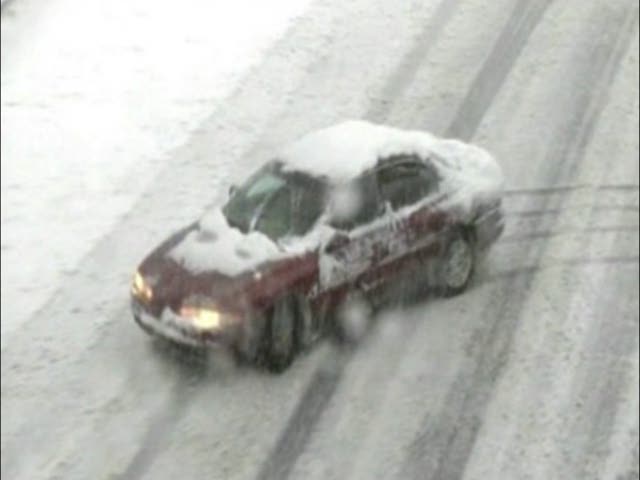 As a winter storm is heading for the Northeast Coast of the United States, drivers are not the only travelers being hit by the storm.
more »
As a winter storm is heading for the Northeast Coast of the United States, drivers are not the only travelers being hit by the storm.
more »